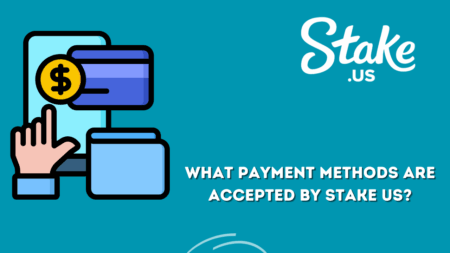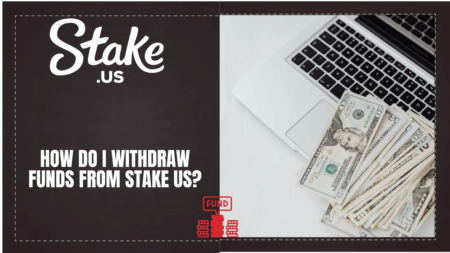

On October 26, 2017, the Keystone State passed a bill that legalized online gambling. Governor Tom Wolf signed this bill into law on October 30, 2017.
The current goal of gambling legislation in Pennsylvania focuses on using revenue to help create more jobs, stimulate the economy and address the state’s financial deficit.
In 2004, Pennsylvania lawmakers passed Act 71, advancing their quest to legalize gambling. This law, also known as the Pennsylvania Gaming and Racing Development Act, created the Pennsylvania Gaming Control Board and legalized casinos and racetracks in the state.
It was clear that horse racing was a viable industry that would create thousands of new jobs and bring more money to Pennsylvania. Revenue from the machines and tracks would be used primarily to provide property tax relief to various horse breeders in the state, local governments, and different funds created by Act 71.
Another factor contributing to this acceptance is that the historical association of gambling with crime has become less pronounced. This is because ownership structure of casinos has shifted to publicly traded corporations. In their first full year of operation, seven casinos brought in more than $1 billion in revenue, generating about $76.6 million in tax revenue, and by the end of 2009, gambling revenue in Pennsylvania exceeded that in other states.
The success of Act 71 led to calls for more favorable gambling legislation in Pennsylvania. In 2016, approximately 18,000 people were employed at various racetracks and casinos in the state, all of which generated about $1.4 billion in tax revenue that year.
Casino gambling has been legal for a decade and Pennsylvania is second only to Nevada in terms of revenue from commercial casinos.





